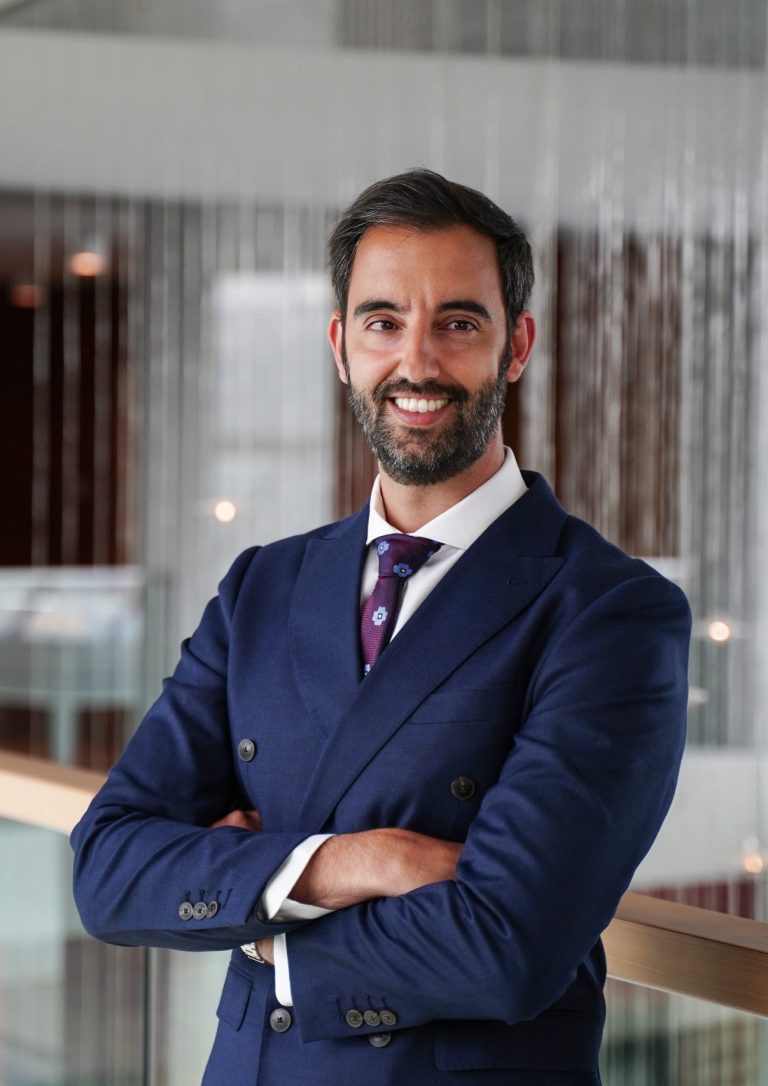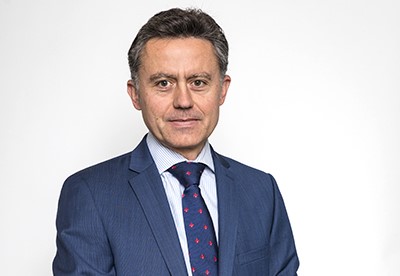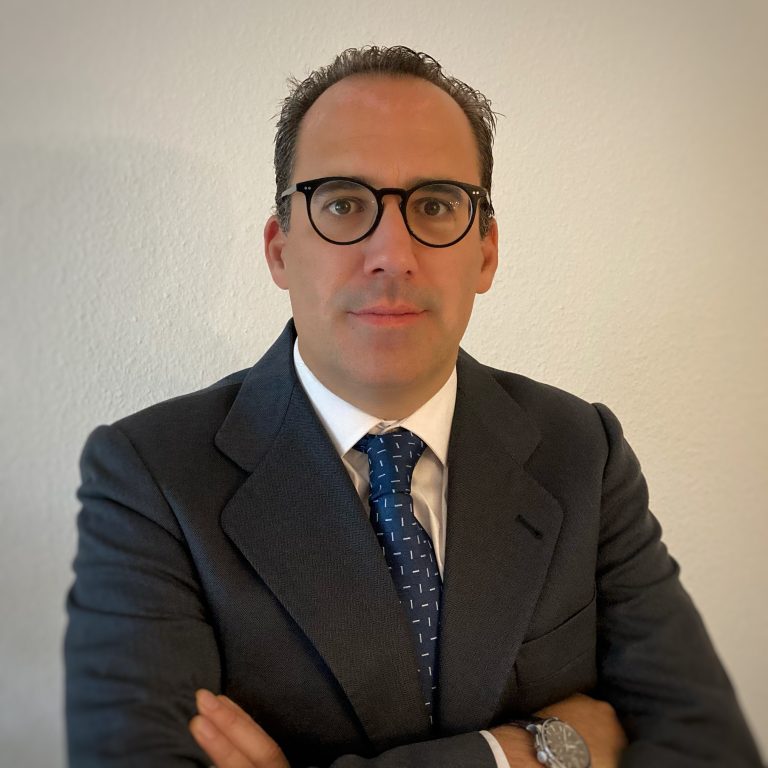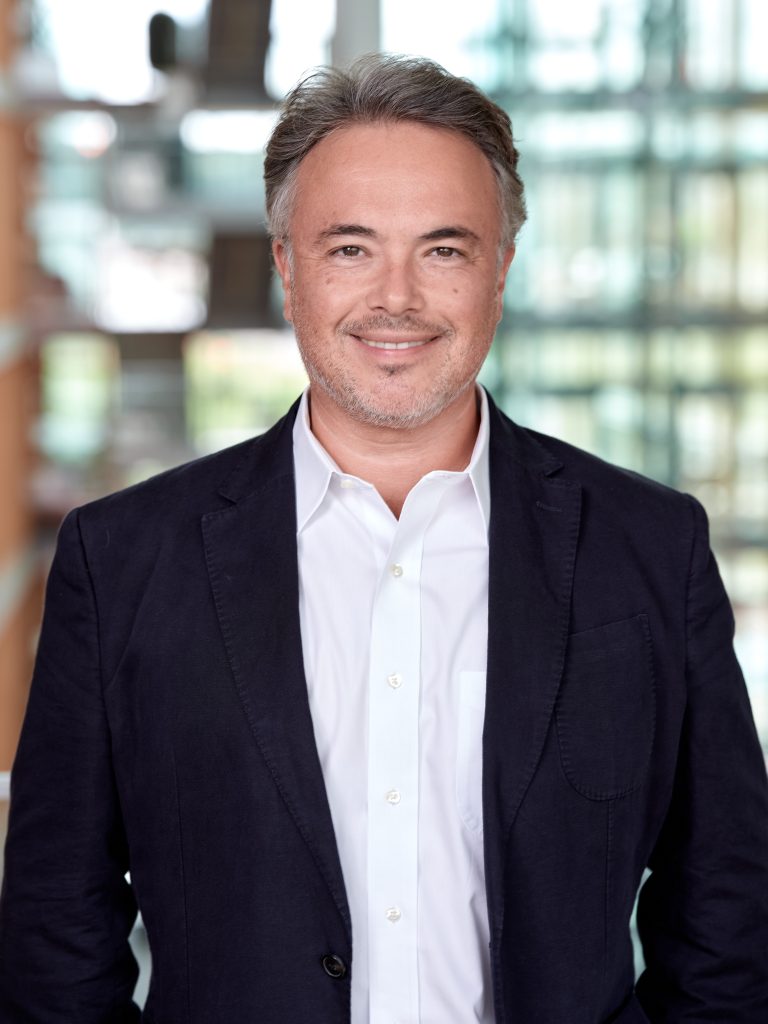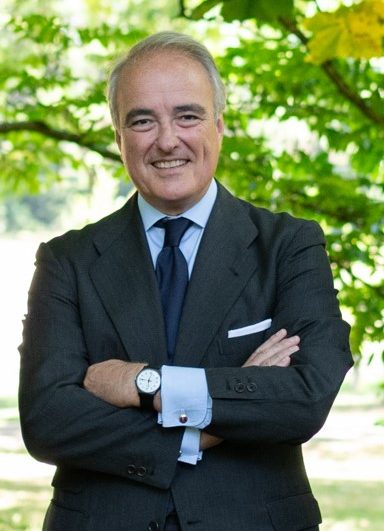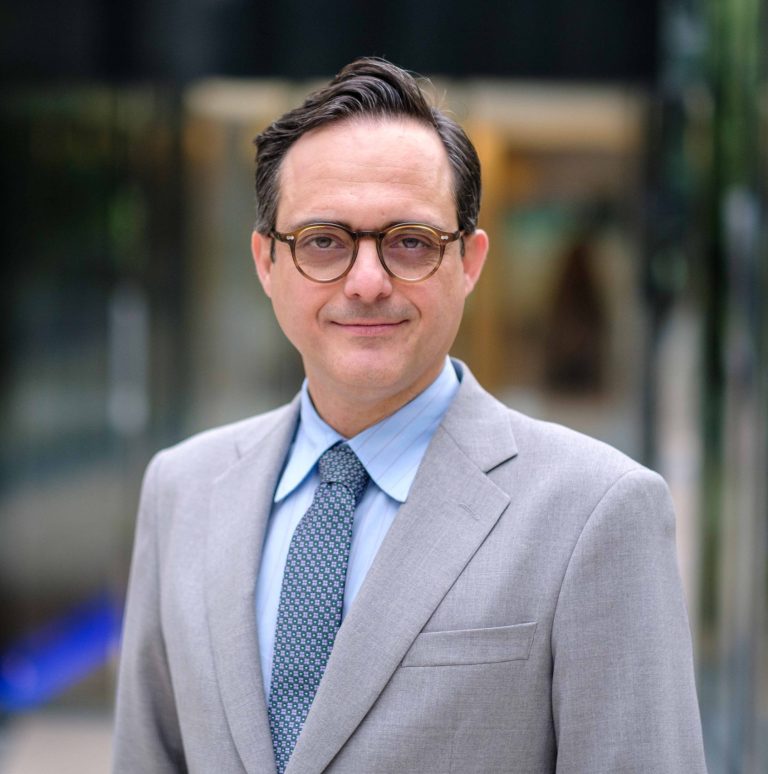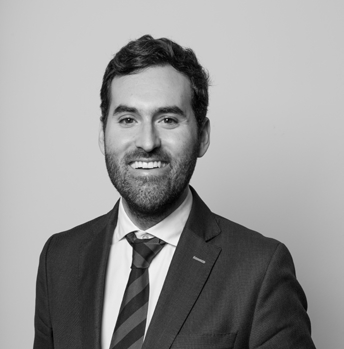
Eduardo Trancho
Position
Tax Partner
Working Areas
Country
Luxembourg
Website
https://vancampenliem.com
Contact information

Eduardo Trancho
Position
Tax Partner
Working Areas
Country
Luxembourg
Website
https://vancampenliem.com
Contact information
What added value do you think the SFF can bring to the financial services industry in Luxembourg and its professionals?
The SFF is an innovative project with high potential, whose overall objective is to act as a link between the Spanish and Luxembourg financial industries.
Luxembourg is one of the world’s leading financial centres. It is also one of the main jurisdictions for channelling foreign investment to Spain.
In this context, I consider it essential to have a forum formed by professionals from the financial sector with solid experience in both markets, which will help to speed up economic-financial relations between the two countries.
Concerning the Luxembourg financial services industry, I think that the SFF will provide added value in the following areas:
- The SFF will provide greater knowledge of the Spanish financial industry. This will help the Luxembourg financial industry to develop a service offering more suited to the needs of investors in Spain.
- The SFF will contribute to improving Luxembourg’s image in the Spanish financial industry.
- The SFF can be an important source of talent for the Luxembourg financial industry, which is characterised by a shortage of highly qualified professionals.
- The SFF is an excellent networking tool, facilitating personal and professional relationships within the Luxembourg financial community.
As coordinator of the Tax area in the SFF, what actions would you like to implement in the short term?
The SFF was created with a global approach, as a link between the Spanish and Luxembourg financial industry. Therefore, I consider it essential that all the actions we develop from the tax area are designed and implemented in close collaboration with the other areas.
My professional experience has shown me that, in the context of international projects, a double expertise is an important added value to design solutions that work in both countries. Therefore, I would like to develop informative actions on the aspects of Spanish taxation and Luxembourg taxation that affect transactions between both countries. In this sense, I believe that the organization of newsletters and practical seminars on Spanish and Luxembourg tax developments and their impact on investment structures could be interesting.
These actions must be implemented with a clearly practical objective and must encourage participation and interaction between the speakers and participants. It is important that the actions we organize keep a reasonable balance between the technical issues and networking.
Do you think it is necessary to improve the image projected by Luxembourg in Spain, mainly in professional environments?
I think that the image projected by Luxembourg in Spanish professional environments (financial or otherwise) is reasonably good. However, I think that there is a general lack of knowledge about the activities that take place in Luxembourg and how Luxembourg could help to improve the creation of value by Spanish companies.
The EU and its member states have announced a battery of structural economic measures focusing on digital and ecological transformation. The success of these measures will depend on companies having the necessary human and financial resources. In this context, Luxembourg can play a very important role as it is an investment channelling jurisdiction (particularly through private equity and venture capital funds).
Which advantages do you think Luxembourg offers in your sector compared to other EU countries?
Luxembourg is one of the main jurisdictions for the alternative investment fund industry (such as private equity and venture capital). This is mainly due to Luxembourg’s regulatory and tax framework, which includes flexible investment vehicles adapted to the different functionalities and operational needs of clients.
In terms of taxation and without going into technical details, Luxembourg’s investment vehicles make it possible to mitigate international double taxation without eroding the tax bases of other countries. In other words, they allow tax to be paid in the state in which the investment is located (i.e. the company in which the investment is made pays the tax due on the profits generated) and in the state of residence of the investors (i.e. the investors pay the tax due on the income received from the investment). This approach is consistent with the OECD and EU provisions.
How has your sector in Luxembourg been affected by Covid-19? What trends do you think will mark the future?
Luxembourg’s financial industry has an eminently international focus, as Luxembourg acts as a platform for channelling international investment into other countries. Its development therefore depends on the behaviour of these economic actors as well as on the economic measures taken by the countries.
In our sector, a significant increase of investments can be observed, mainly in the private equity and venture capital sector. The initiatives taken or announced by the EU and its member states, which are characterised by the introduction of economic stimulus and liquidity measures as well as structural measures focused on digitalisation and green energies, are boosting investment projects.


